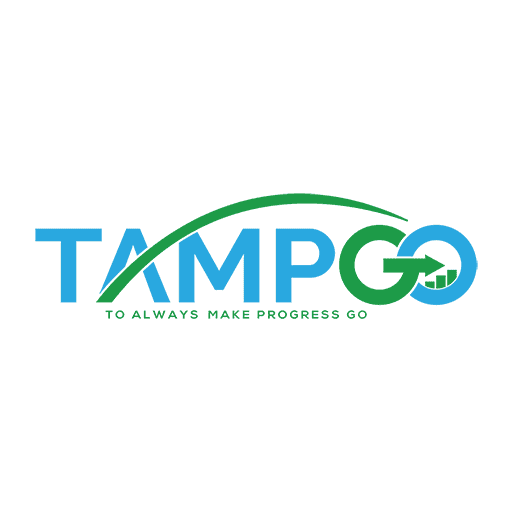🌟Mastering Social Media & Web Presence: A Quick Guide to Character Limits & Image Sizes! 🚀
🌟 Mastering Social Media & Web Presence: A Quick Guide to Character Limits & Image Sizes! 🚀
Navigating the digital world can be tricky, but here at Tampgo, we've got you covered with these essential tips for social media and web metadata. Bookmark this for your next campaign! 📌
Social Media Character Limits:
- Twitter: Tweets up to 280 chars; DMs up to 10,000 chars.
- Facebook: Posts can be 63,206 chars; Comments up to 8,000 chars.
- Instagram: Keep those captions under 2,200 chars.
- LinkedIn: Updates at 1,300 chars; Company updates, aim for 700 chars.
- Pinterest: Descriptions are best at 500 chars.
Web Metadata Know-How:
- Meta Title: Aim for 50–60 chars for a crisp, clear title.
- Meta Description: Keep it engaging within 155–160 chars.
- Meta Keywords: Less is more; 5-10 keywords max. *Previously used to inform search engines about the content of the page, but now largely obsolete for SEO. Read more at the bottom of the page.
OG Image Size Perfection:
- Minimum: 1200 x 630 pixels.
- Aspect Ratio: Ideal at 1.91:1.
Bonus Tips for Visuals on Facebook, LinkedIn, & Twitter:
- Facebook: Prefers images of at least 1200 x 630 pixels.
- LinkedIn: Opt for images with a resolution of 1200 x 630 pixels.
- Twitter: Large summary cards support images from 300 x 157 to 4096 x 4096 pixels.
🔥 Stay ahead in the digital space by keeping these numbers in mind! Your content deserves to be seen and heard in the best way possible.
*The statement about meta keywords being largely obsolete for SEO refers to the evolution in search engine algorithms, particularly those of major search engines like Google. Here's a brief overview of why meta keywords have lost their significance in SEO:
Historical Usage and Abuse: In the early days of the internet, meta keywords were used by webmasters to tell search engines what their web pages were about. However, this system was widely abused, with people stuffing irrelevant or excessive keywords into the meta tags to manipulate rankings.
Algorithm Changes: As search engines, especially Google, evolved, they began to prioritize more sophisticated methods of understanding and indexing web content. Google's algorithms now rely on a wide range of factors to determine the relevance and quality of a page, including natural language processing, user experience indicators, and the context of the content, among others.
Official Statements from Search Engines: Google has explicitly stated that it does not use the meta keywords tag in its ranking algorithm. Since Google is the most widely used search engine, this greatly diminishes the overall importance of meta keywords in SEO strategies.
Focus on Content Quality: Modern SEO emphasizes high-quality, relevant content and user experience rather than keyword density or meta keyword tags. The aim is to provide value to the user, which aligns with the search engines' goal of delivering the most relevant and useful content in response to a query.
However, it's worth noting that while meta keywords are not significant for search engine rankings, particularly in Google's case, some other search engines might still consider them to a lesser extent. But the consensus in the SEO community is that time and resources are better spent on other aspects of SEO, like content creation, site performance, and backlinks.
#Tampgo #TampgoTips #SocialMediaTips #DigitalMarketing #SEO #WebPresence #TechTips #SocialMediaManagement

